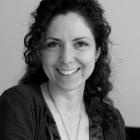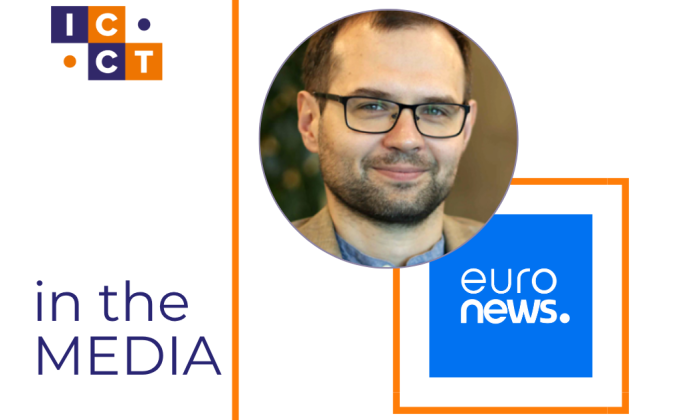This study focuses on increasing our understanding of the different pathways converts take during conversion to Islam. It looks specifically at the following research question: “How do the pathways of converts involved in jihadist movements differ from those of converts who are not, in terms of their life prior to Islam, their conversion experience and the form of involvement with the Islamic community after conversion?” This question is addressed using semi-structured interviews with a diverse group of 26 Dutch converts to Islam. Results show that there are many similarities, yet also some differences in the pre-conversion lives of the converts we studied, in how they experienced the conversion itself and their involvement with Islamic communities after their conversion. The differences we found, emerged largely from how the respondents shaped and experienced their lives as Muslims. Here we noted not just the important role of the social milieu in which the converts find themselves, and how their surroundings react to their new identities, but also the influence of their own agency in terms of their reactions (or lack thereof) to perceived injustice and their efforts at self-study. Importantly, our study also highlights the fluidity and heterogeneity of the post-conversion experience. Just as Muslims should not be seen as a homogenous group, so too should care be taken to realise that converts’ outlook on their religion can and does change over time, sometimes showing quite dramatic fluctuations from Salafi-Jihadist to non-believer. We hope that our study provides insights into conversion to Islam in general, that it helps address why some converts become involved with jihadist movements, but also that it underlines the importance of treating converts to Islam not as a potential security threat, but as a diverse group of individuals with different and evolving perceptions of their religion and their roles within it.
Back to publications
Research Paper
29 Aug 2019










